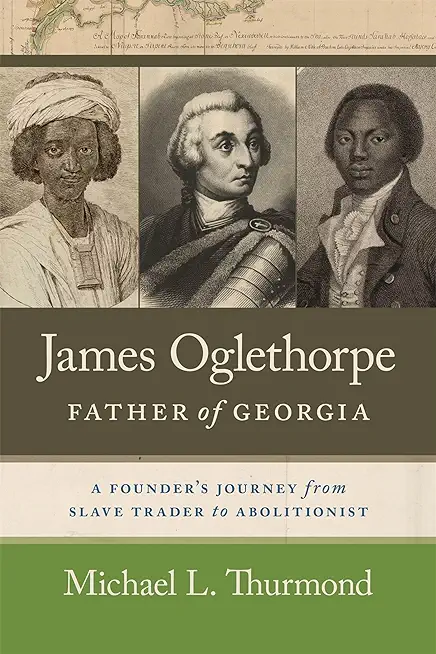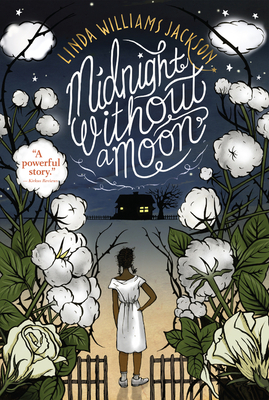
Thurmond, Michael L.
product information
description
bruary 12, 1733, the Georgia colony was envisioned as a unique social welfare experiment. Administered by twenty-one original trustees, the Georgia Plan offered England's "worthy poor" and persecuted Christians an opportunity to achieve financial security in the New World by exporting goods produced on small farms. Most significantly, Oglethorpe and his fellow Trustees were convinced that economic vitality could not be achieved through the exploitation of enslaved Black laborers. Due primarily to Oglethorpe's strident advocacy, Georgia was the only British American colony to prohibit chattel slavery prior to the American Revolutionary War. His outspoken opposition to the transatlantic slave trade distinguished Oglethorpe from British colonial America's more celebrated founding fathers. James Oglethorpe, Father of Georgia uncovers how Oglethorpe's philosophical and moral evolution from slave trader to abolitionist was propelled by his intellectual relationships with two formerly enslaved Black men. Oglethorpe's unique "friendships" with Ayuba Suleiman Diallo and Olaudah Equiano, two of eighteenth-century England's most influential Black men, are little-known examples of interracial antislavery activism that breathed life into the formal abolitionist movement. Utilizing more than two decades of meticulous research, fresh historical analysis, and compelling storytelling, Michael L. Thurmond rewrites the prehistory of abolitionism and adds an important new chapter to Georgia's origin story.
member goods
No member items were found under this heading.
Return Policy
All sales are final
Shipping
No special shipping considerations available.
Shipping fees determined at checkout.







